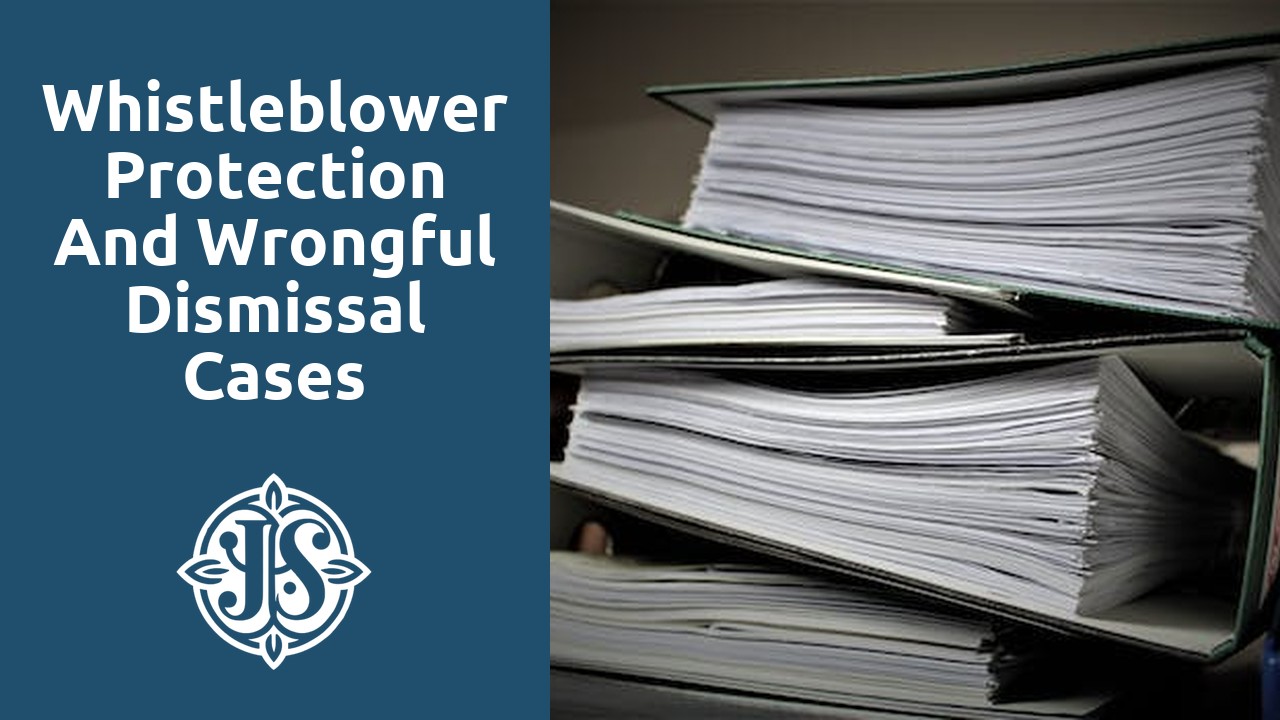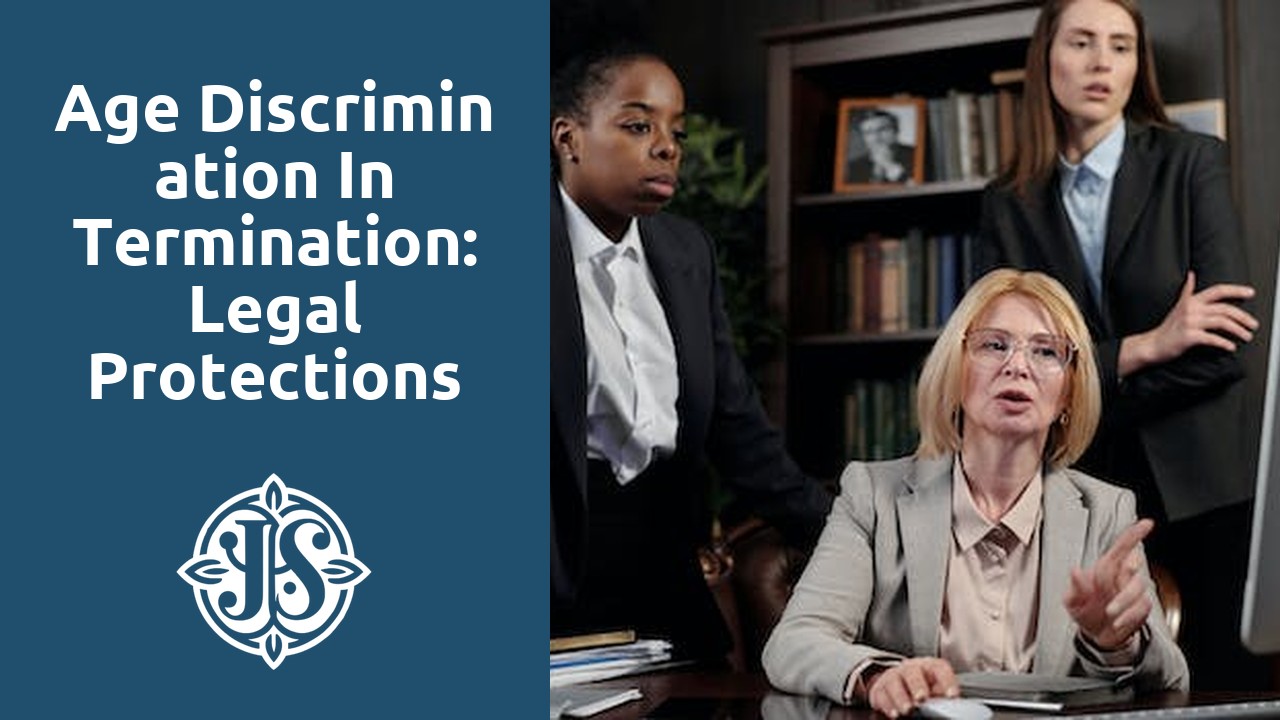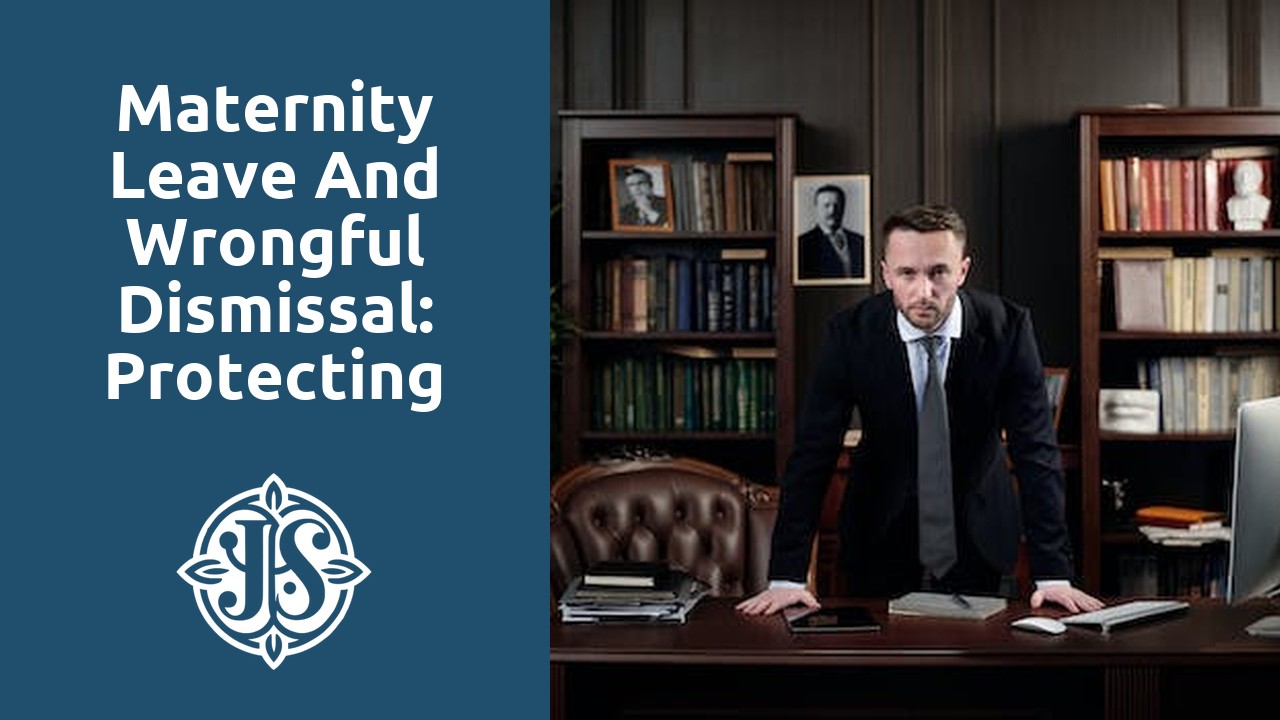Contents
- 1 The Importance of Protecting Those Who Speak Out Against Injustice
- 2 Unveiling the Legal Battle: When Employees Blow the Whistle
- 3 The HighStakes World of Challenging Employer Wrongdoings
- 4 Behind Closed Doors: Cases of Retaliation and Unfair Termination
- 5 Navigating the Legal Landscape: Safeguarding Whistleblowers’ Rights
- 6 From Brave Acts to Legal Rights: A Look into Whistleblower Protections
Table Of Contents
The Importance of Protecting Those Who Speak Out Against Injustice
Whistleblowers play a crucial role in society by courageously exposing wrongdoing and corruption. These individuals often face significant risks and consequences for their actions, including retaliation, harassment, and even wrongful dismissal. The importance of protecting those who speak out against injustice cannot be overstated, as it is vital in upholding accountability and transparency in both the public and private sectors.
By safeguarding the rights of whistleblowers, we not only encourage a culture of integrity and responsibility but also ensure that individuals are not silenced for doing what is right. Whistleblowers are often witnesses to unethical practices, fraud, safety violations, and other forms of misconduct, which, if left unexposed, can have severe consequences for individuals and society as a whole. By providing a safe and protected environment for whistleblowers to come forward, we empower them to shed light on these injustices, allowing for appropriate action to be taken and preventing further harm.
Unveiling the Legal Battle: When Employees Blow the Whistle
Whistleblowing is an act of courage, with employees risking their livelihoods and professional reputations to expose wrongdoing within their organizations. However, when they do blow the whistle, they often find themselves facing a long and arduous legal battle. The journey to justice is rarely straightforward, as whistleblowers encounter numerous challenges along the way.
One of the main obstacles they face is the fear of retaliation from their employers. Whistleblowers often experience a hostile work environment, where colleagues may view them as betrayers or troublemakers. This can result in isolation, bullying, or even threats to personal safety. Moreover, employers may attempt to discredit whistleblowers by tarnishing their professional reputation or claiming they are motivated by personal vendettas. This makes it essential for whistleblowers to have strong legal protections in place to shield them from such backlash.
The HighStakes World of Challenging Employer Wrongdoings
Challenging employer wrongdoings is not for the faint of heart. It is a high-stakes world where the risks are high, but so are the potential rewards. Those who dare to blow the whistle on their employers face a daunting journey filled with obstacles and roadblocks. However, their courageous acts are crucial in exposing and holding accountable those who engage in illegal or unethical practices.
In the high-stakes world of challenging employer wrongdoings, whistleblowers often find themselves swimming against the tide. They may encounter a hostile work environment where their coworkers and supervisors turn against them. Retaliation is not uncommon, and many whistleblowers face unfair treatment, harassment, or even wrongful termination. It is a difficult road to travel, as they not only fight against the wrongdoing itself, but also against the powerful forces attempting to silence them. Despite these challenges, whistleblowers continue to step forward, driven by their unwavering belief in doing what is right and holding their employers accountable for their actions.
Behind Closed Doors: Cases of Retaliation and Unfair Termination
Behind closed doors, cases of retaliation and unfair termination often go unnoticed, leaving whistleblowers vulnerable to the consequences of their brave actions. These individuals, who have chosen to expose employer wrongdoings, risk losing their jobs and facing various forms of retaliation such as demotions, harassment, and even blacklisting. Sadly, many of these cases remain undisclosed due to fear of further repercussions or lack of protection.
The stories of those who have faced retaliation and unfair termination are heartbreaking. Employees who have devoted their time and energy to uncovering corruption or unethical practices within their organizations suddenly find themselves ostracized, isolated, and stripped of their livelihoods. The toll on their mental and emotional well-being cannot be underestimated, as they grapple with the aftermath of speaking out against powerful entities. Additionally, the mere act of challenging their employers often results in a long and arduous legal battle, where the odds may seem stacked against them.
Navigating the legal landscape of safeguarding whistleblowers’ rights can be a complex and challenging endeavor. Whistleblowers often find themselves facing retaliation, unfair treatment, and even wrongful dismissal for speaking out against wrongdoing in their workplace. As a result, it becomes crucial to understand the laws and provisions in place that are designed to protect these brave individuals who uncover acts of corruption, fraud, or other misconduct.
One of the primary legal protections for whistleblowers is the Whistleblower Protection Act, which provides safeguards for federal employees who disclose information about illegal activities or wrongdoings within their agencies. This Act prohibits retaliation against employees who come forward with such disclosures and grants them specific rights and recourse if they face adverse actions as a result of their whistleblowing. Additionally, some states have enacted their own whistleblower protection laws, which extend similar protections to employees in the private sector. These laws vary from state to state, but they generally aim to shield whistleblowers from retaliation and provide avenues for legal recourse if their rights are violated.
From Brave Acts to Legal Rights: A Look into Whistleblower Protections
Whistleblowers play a vital role in exposing wrongdoing and highlighting corporate malpractices. These courageous individuals often put their careers and personal lives at risk to bring to light information that would otherwise remain hidden. Recognizing the importance of their contributions, legal frameworks have been established in many countries to protect whistleblowers from retaliation and ensure their rights are safeguarded.
Whistleblower protection laws vary by jurisdiction, but they generally provide certain fundamental rights and safeguards. These may include protection from disciplinary action or termination, confidentiality provisions, and the opportunity to seek legal remedies in case of retaliation. Moreover, some laws also offer financial incentives to encourage whistleblowers to come forward, such as monetary rewards for reporting certain types of wrongdoing. While these legal protections are crucial for safeguarding whistleblowers, their enforceability and efficacy may vary, highlighting the need for ongoing efforts to strengthen and improve whistleblower protection legislation.
Related Links
Navigating Non-Compete Agreements and Wrongful Dismissal
Age Discrimination in Termination: Legal Protections and Claims



